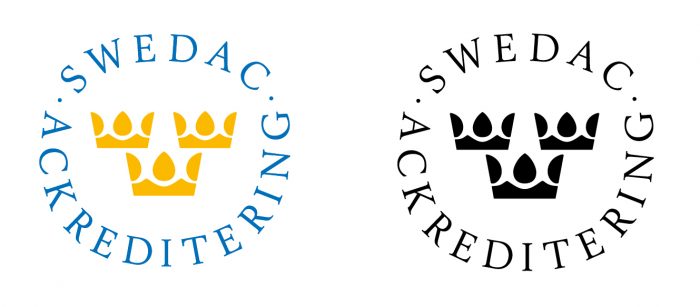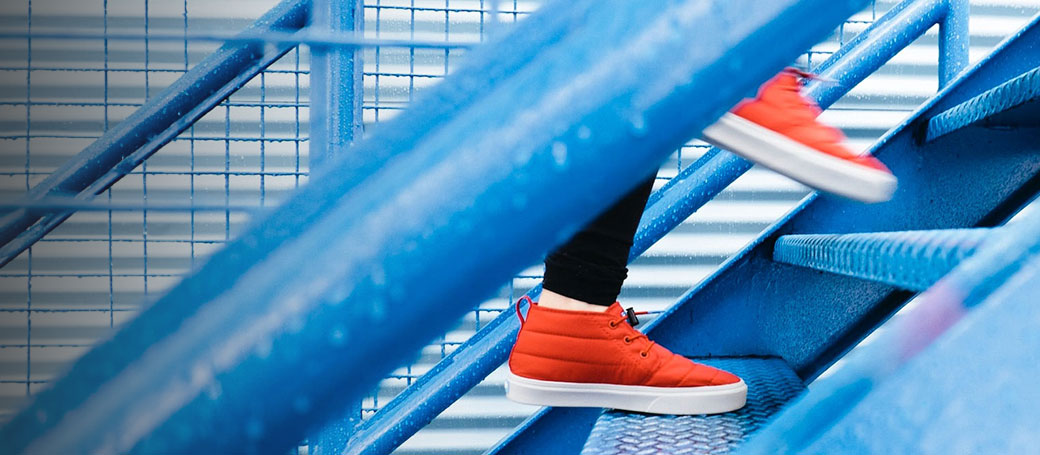Accreditation
Accredited bodies that monitor and assess the company´s goods and services must be reviewed and approved to carry out its commitments. When riding in an elevator, drinking a glass of water straight from the tap, buying organically grown or getting the car inspected, businesses are involved that have been accredited by Swedac.
Swedac has been commissioned by the government to serve as the Swedish accreditation body. Accreditation is an assessment of competence carried out according to European and international standards.
To be accredited, skills, procedures and methods are tested so that all quality requirements are met as a standard. Next, Swedac check regularly that the company continues to meet the requirements for their accreditation.
The purpose of accreditation is to ensure that certification, validation, verification, calibration, inspection and testing is done with high quality and safety for life, health and environment. Accreditation means that inspections are performed impartial, accurate and based on internationally recognized standards.
Swedac accredits in many areas, for example in health care, facilities, environment and food, industrial, automotive and certification.
What can be accredited?
Only activities in what in technical language is called conformity assessment can be accredited.
It is not possible to accredit an entire hospital but a laboratory that analyses blood samples. It is not possible to accredit a fire extinguisher, but a certification confirming that the fire extinguisher meets the requirements of the relevant standards. It is not possible to accredit a car, but all companies engaged in vehicle inspection must be accredited.
Who can be accredited – and by whom?
Companies, businesses or organisations (eg corporations, sole proprietorships, authorities, municipalities and regions) that have legal capacity can be accredited by Swedac.
Mandatory or not?
In some areas, accreditation is mandatory. A company that conducts vehicle inspections or perform elevator inspections must be accredited. In other areas, such as for medical laboratories and calibration laboratories, accreditation is voluntary and serve as a seal of quality.





